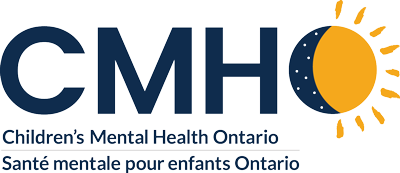Identifying risk and protective factors is foundational to developing strategies to prevent disruptive behavior in children. There are currently two Structured Professional Judgement instruments aimed for this purpose, both of which incorporate gender- and cultural considerations: the Early Assessment Risk List Version 3 (EARL-V3) and the Structured Assessment of Protective Factors for serious problem behavior – Child Version (SAPROF-CV). While these instruments can be used entirely independently, they complement each other and allow for a balanced estimate of a child’s risk for future behaviour problems, as well as a detailed treatment plan. In this presentation, we will present a prototypical case of a 10-year-old child at risk of engaging in crime. We will show how the risk/protective factors of the two instruments are scored and how they can be integrated to create a comprehensive treatment plan to reduce the identified risks and enhance protective factors to decrease negative outcomes.
Learning Objectives
Built within a measurement-based care model, the audience will learn about two structured professional judgement assessment tools for children displaying disruptive behaviour (EARL-V3 and SAPROF-CV) and experience rating a fictitious case using both instruments.
Presenters:
Margaret Walsh (Child Development Institute)
Margaret Walsh, Manager of SNAP Research, Evaluation and Systems, is one of the principal leads on the SNAP Youth Justice development project. Her research has focused on gender, treatment responsiveness, risk, implementation and fidelity protocols. She is heading the development of the SNAP Implementation Fidelity Tool (SNAPiT) as part of SNAP’s national scaling up project. Margaret has published extensively on gender effects and program evaluation, risk and protective factor identification and management assessment tools (EARL V3 & SAPROF-CV).
Sarah Woods (Child Development Institute)

